
There was a time in my working life when cleaning supplies rarely crossed my mind. In those days, I took for granted that someone else would make the coffee stains and fingerprint smudges disappear. That changed quickly when I moved into a smaller workplace where the staff handled a bit of everything, including keeping the place presentable.
Suddenly, I was choosing products and realising how much rides on having the right cleaning solutions close at hand. In a modern Australian office, these supplies are not just about appearance. They shape first impressions, protect employee wellbeing, and help businesses keep up with health requirements that sometimes feel as detailed as a tax return.
A cluttered, dusty, or grimy office sends the wrong message. It can lower morale and, in some cases, even contribute to absenteeism. By contrast, a clean workspace signals professionalism and care. What I learned on the job is that the right tools really do make the difference between a constant struggle and a routine that runs like clockwork.
What makes a cleaning product “essential” for workplaces?
Not every product in the cleaning aisle earns a place in a commercial workplace. If you have ever been tasked with stocking a supply cupboard, you know the temptation to grab whatever is on sale and hope for the best. But the reality is a bit more complicated.
Effective cleaning supplies in an office must meet several criteria. The first is effectiveness. Can the product tackle everyday grime, coffee rings, and high-touch surfaces? Next, safety is key. A workplace is a shared environment, and what works at home may not be right for people with allergies or sensitivities. Third, all products should be easy to use and encourage staff to keep things tidy without complaint.
Just as important in Australia is compliance. Certain products must align with the regulations of cleaning products to protect staff and customers. Some years ago, I was responsible for ensuring our meeting rooms and kitchen were cleaned using approved agents after a flu outbreak. That task led me deep into government guidelines, and I realised compliance is about more than ticking boxes. It is about real health outcomes for everyone who steps into the building.
The must-have cleaning supplies on every office checklist
Based on years of office experience and a few too many surprise inspections, I have developed a shortlist of what every workplace needs. Here is my essential kit:
Disinfectant spray suitable for surfaces and high-traffic areas
Glass cleaner for windows, screens, and mirrors
Microfibre cloths, colour coded to prevent cross-contamination
Absorbent paper towels for quick spill response
Mop and bucket for common areas and breakrooms
Bathroom cleaning products for both hygiene and odour control
Disposable gloves for the safe handling of chemicals
Rubbish bags, ideally compostable or recyclable
One thing I picked up early is the value of a reliable supply chain. Once, during a busy quarter, our usual disinfectant was out of stock, and the replacement was so strongly scented it caused headaches for a few staff. Lesson learned: test new products before bulk ordering.
Choosing safe, adequate cleaning supplies for your business
The choice of products is not just about filling a cupboard. It is about matching solutions to your unique work environment. When I first started managing cleaning budgets, I often relied on brand names or packaging claims. Over time, I learned to look for independent certifications, request product data sheets, and ask questions about chemical content.
Here are some practical steps I now follow:
Seek out certifications such as GECA or similar Australian eco-labels
Check that the supplier provides clear Safety Data Sheets
Prefer products with lower toxicity, especially in open-plan offices
Avoid anything with unnecessary perfumes or dyes, which can cause sensitivities
Make sure the product matches the relevant workplace safety and health requirements
Suppose you want a more detailed look at what makes a product both safe and effective, such as safe cleaning products. What ingredients should you watch for, and how can you select items that work for your team?
Staying compliant: Key considerations for workplaces
No matter how small your business is, there are rules that govern the use and storage of cleaning products. If you are in an industry like healthcare or hospitality, the requirements are even stricter.
Here are a few things every workplace should keep in mind:
Make sure every product is suitable for commercial use and registered where needed
Store chemicals securely and away from food or staff areas
Maintain up-to-date registers and Safety Data Sheets for all chemicals
Train staff on correct use and emergency procedures
Setting up your cleaning station: A quick action plan
For offices setting up a new cleaning regime, I have found a few steps make things much easier:
Start with a written list of supplies and reorder schedules
Label storage areas clearly for easy access
Offer brief, practical training for new staff
Assign responsibility for checking stock and expiry dates
Solicit feedback on what products work best for your team
If you build cleaning into your daily and weekly routines, it quickly becomes second nature.
Why investing in the right cleaning supplies pays off

A well-stocked cleaning cupboard is not only a back-office feature. It shows that a company pays attention to detail, improves productivity, and helps staff well-being. Having spent years administering shared areas and limited budgets, I am certain every dollar spent on excellent cleaning products is well worth it.
Any contemporary office can improve its standards by means of careful selection, ongoing employee engagement, and a compliance and sustainability focus. It just demands some preparation and the will to learn from experience; it is not difficult. Your visitors and your team will see the change.

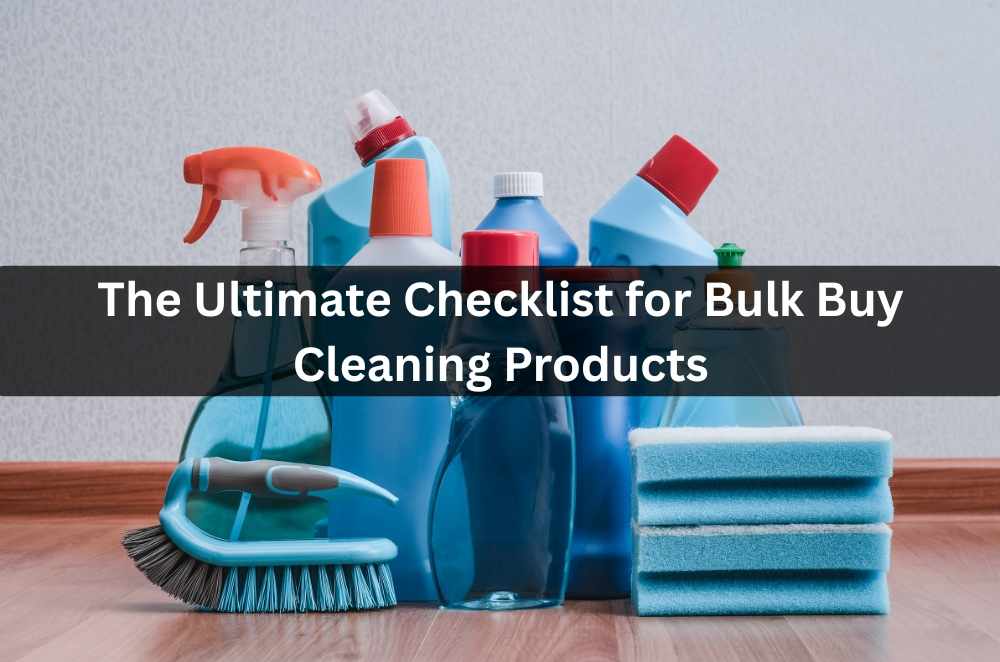
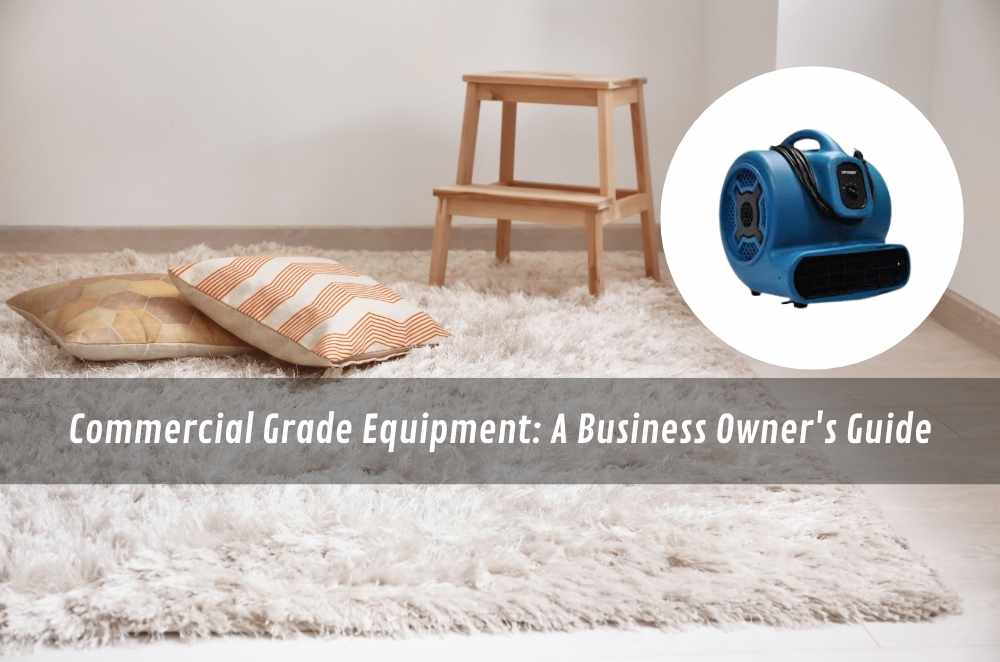
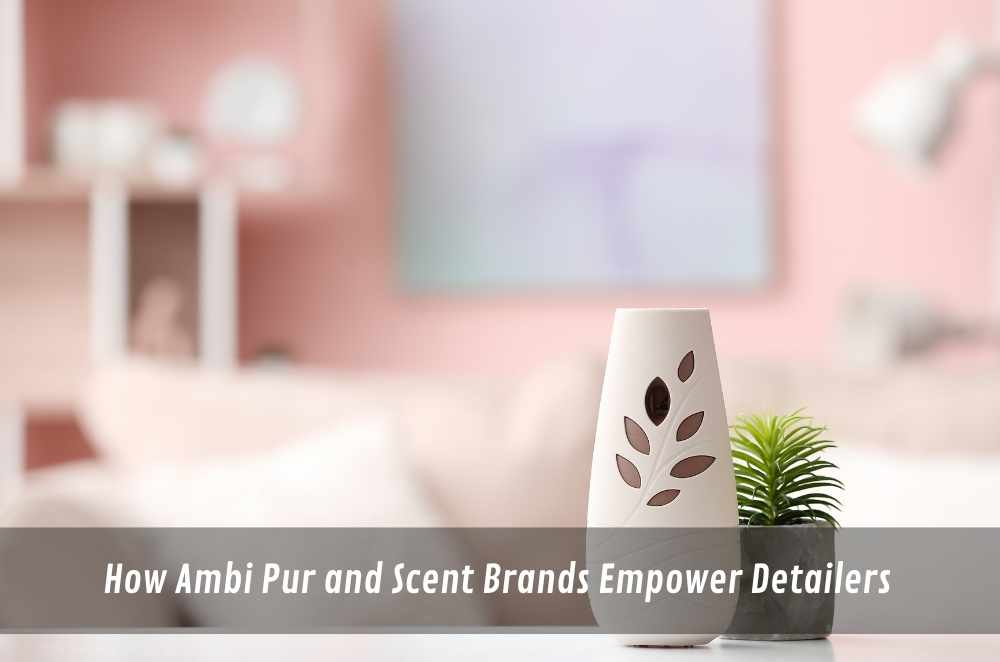
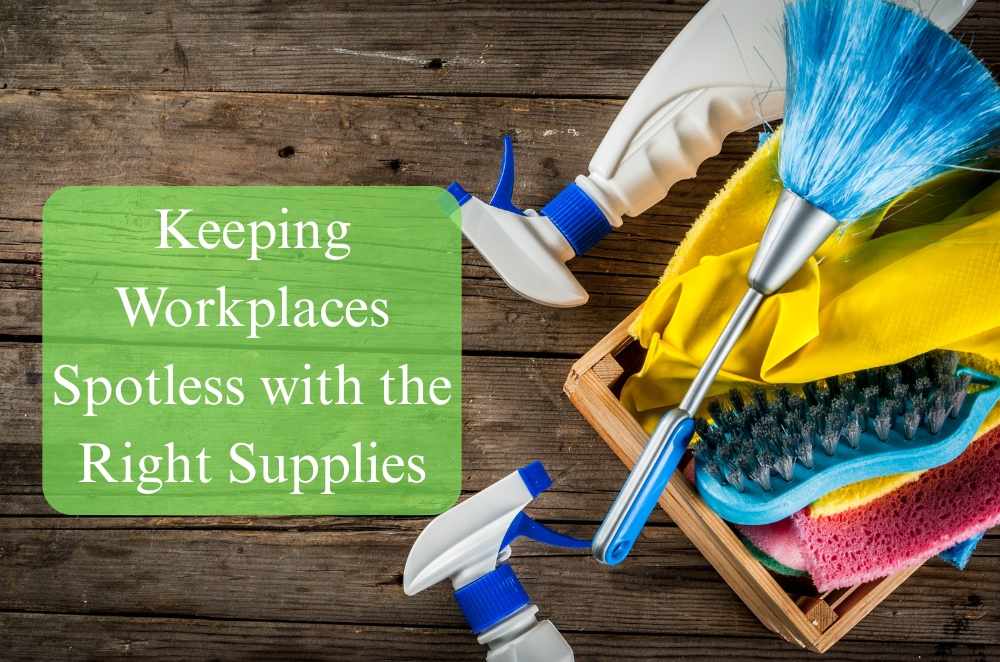
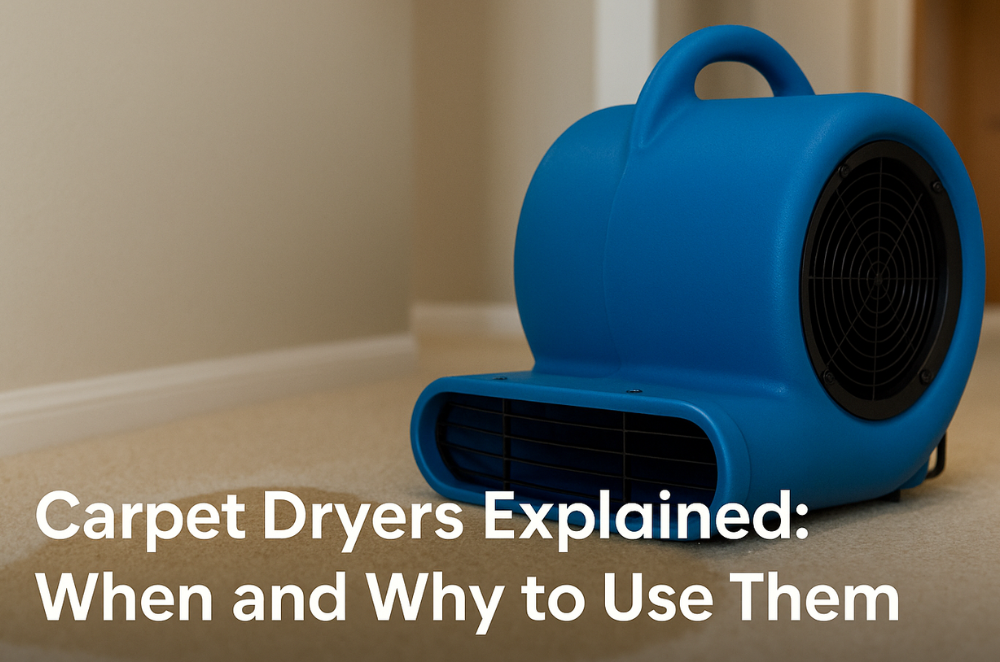


Write a comment ...